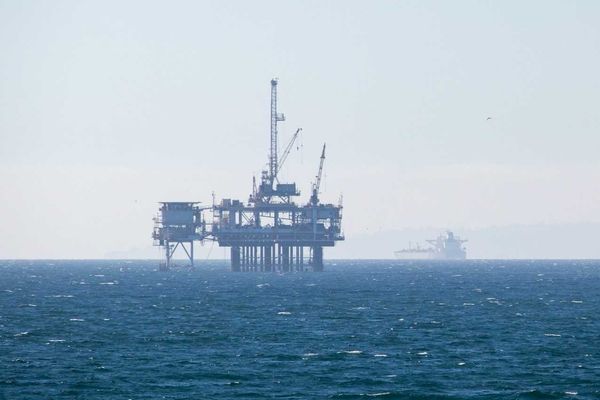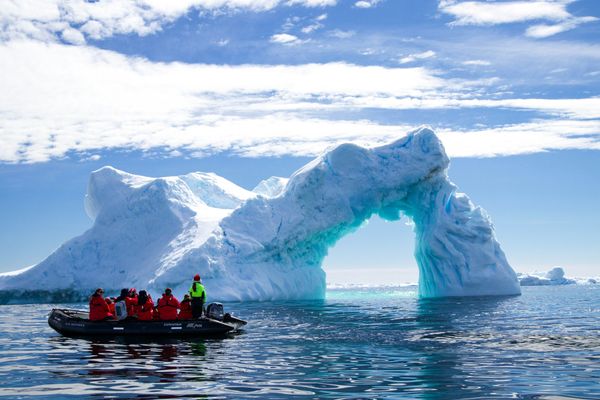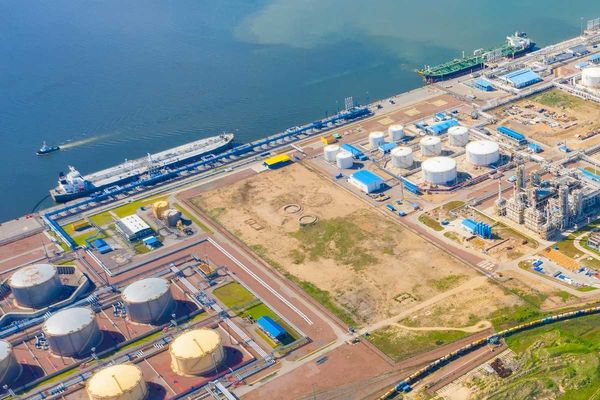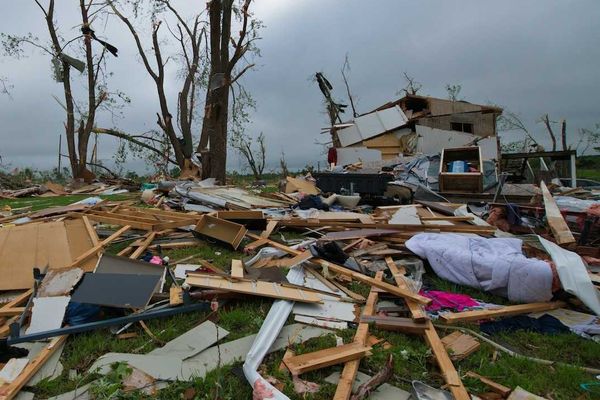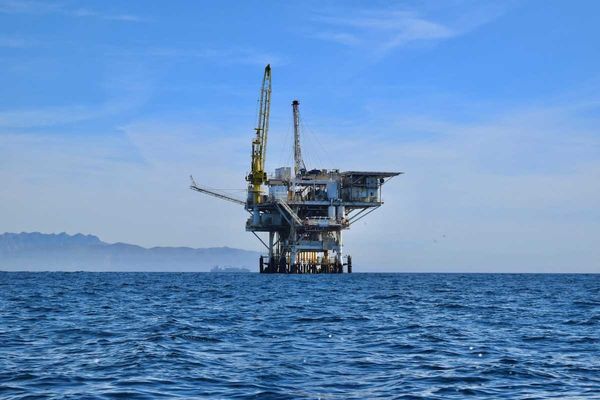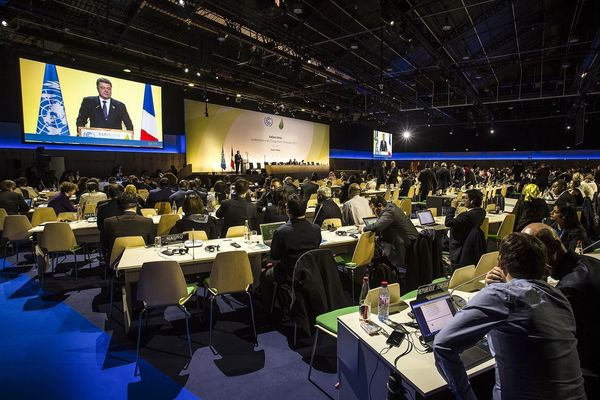oceans
Top Story
Credit: Photo by Sven Piper on Unsplash
Trump plans to open more than a billion acres of U.S. waters to drilling
The plan from the Interior Department is one of the president’s most significant steps yet to increase domestic fossil fuel production.
Newsletter
Credit: Dylan Shaw/Unsplash
Violent 'storms' under Antarctica's ice could be speeding its decline
When sea ice melts and refreezes, it stirs vortices that pull warm deep water up, eroding Antarctica's shrinking ice shelves.
Newsletter
Credit: Getty Images For Unsplash+
As seas rise, so do the risks from toxic sites
Flooding from surging seas is likely to inundate thousands of U.S. hazardous sites in coming years as global temperatures rise, placing the nation’s most vulnerable at greatest risk.
Credit: Photo by Greg Johnson on Unsplash
Small island nations demand emission cuts at COP30 climate talks
Jamaica has joined other small island nations at the United Nations climate talks to urge immediate action on climate change.
Newsletter
An oil company running into rough waters off the California coast is looking to Trump for help
A vote to deny Sable Offshore permits to restart production builds on a series of lawsuits and an accusation of insider trading, but the CEO wants the president to help it overcome its setbacks.
Newsletter
Credit: Photo by Sven Piper on Unsplash
Trump officials consider opening California to offshore oil drilling
A draft five-year plan for offshore oil development proposes selling leases on the West Coast, Gulf of Mexico and Alaska.
Copyright: palinchak/BigStock Photo ID: 110010617
In 10 years since Paris climate agreement, progress on warming but not nearly enough
The world has seen faster climate change than expected since the Paris Agreement a decade ago. Scientists say Earth's warming has outpaced efforts to reduce fossil fuel pollution that came out of the 2015 accord.
ORIGINAL REPORTING
MOST POPULAR
CLIMATE





